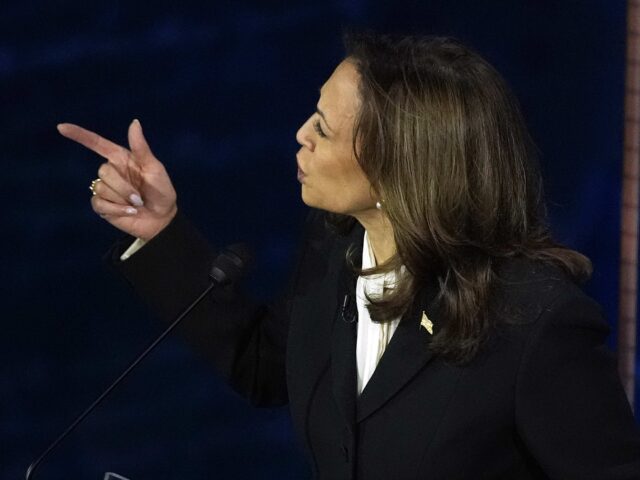|
Getting your Trinity Audio player ready...
|
Kamala Harris Plagiarized Pages of Congressional Testimony From a Republican Colleague. Plus, a Fictionalized Story About Human Trafficking.


|
Getting your Trinity Audio player ready...
|

 olitician, in either party, with a propensity for copy and pasting.
olitician, in either party, with a propensity for copy and pasting.